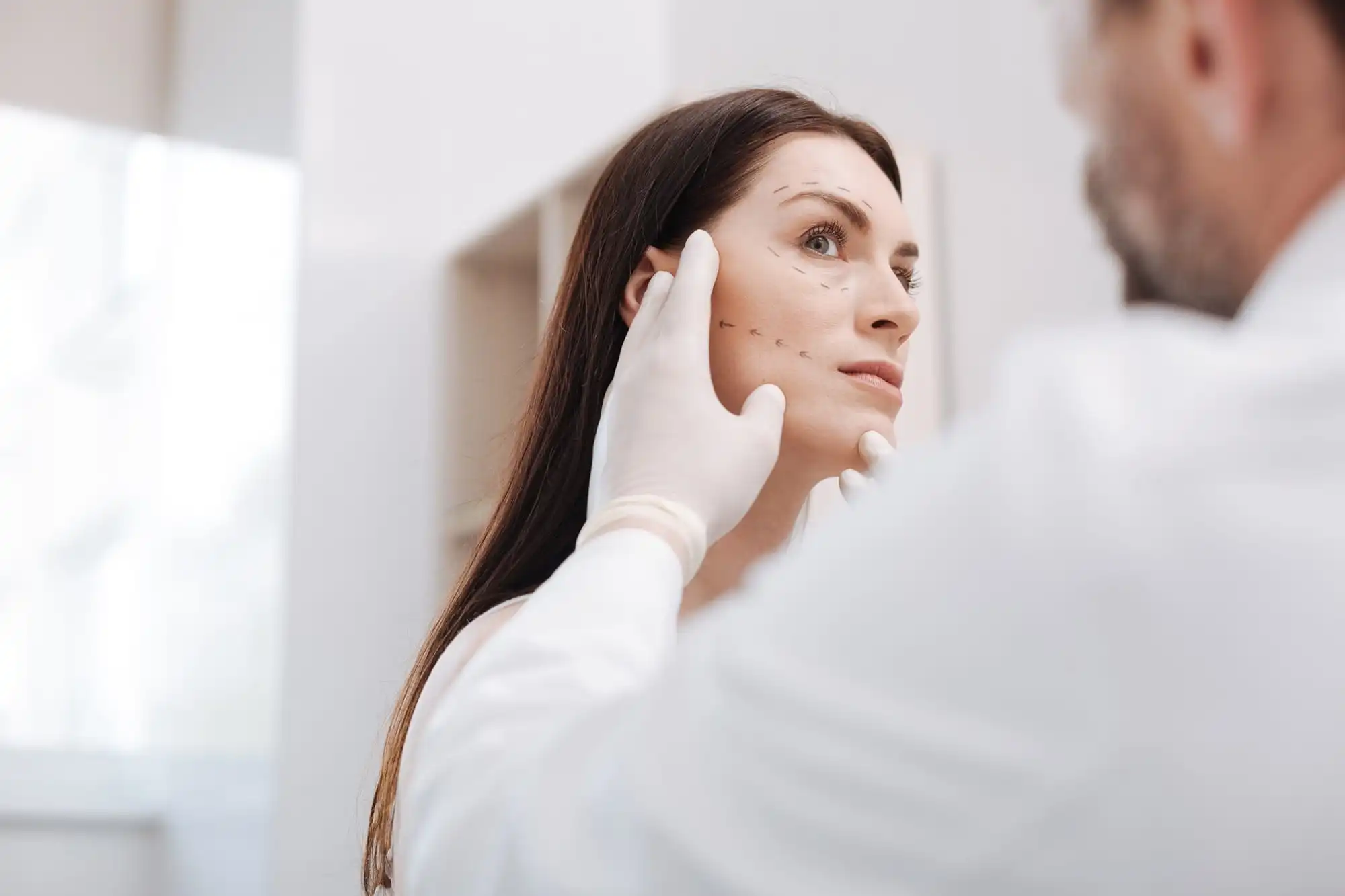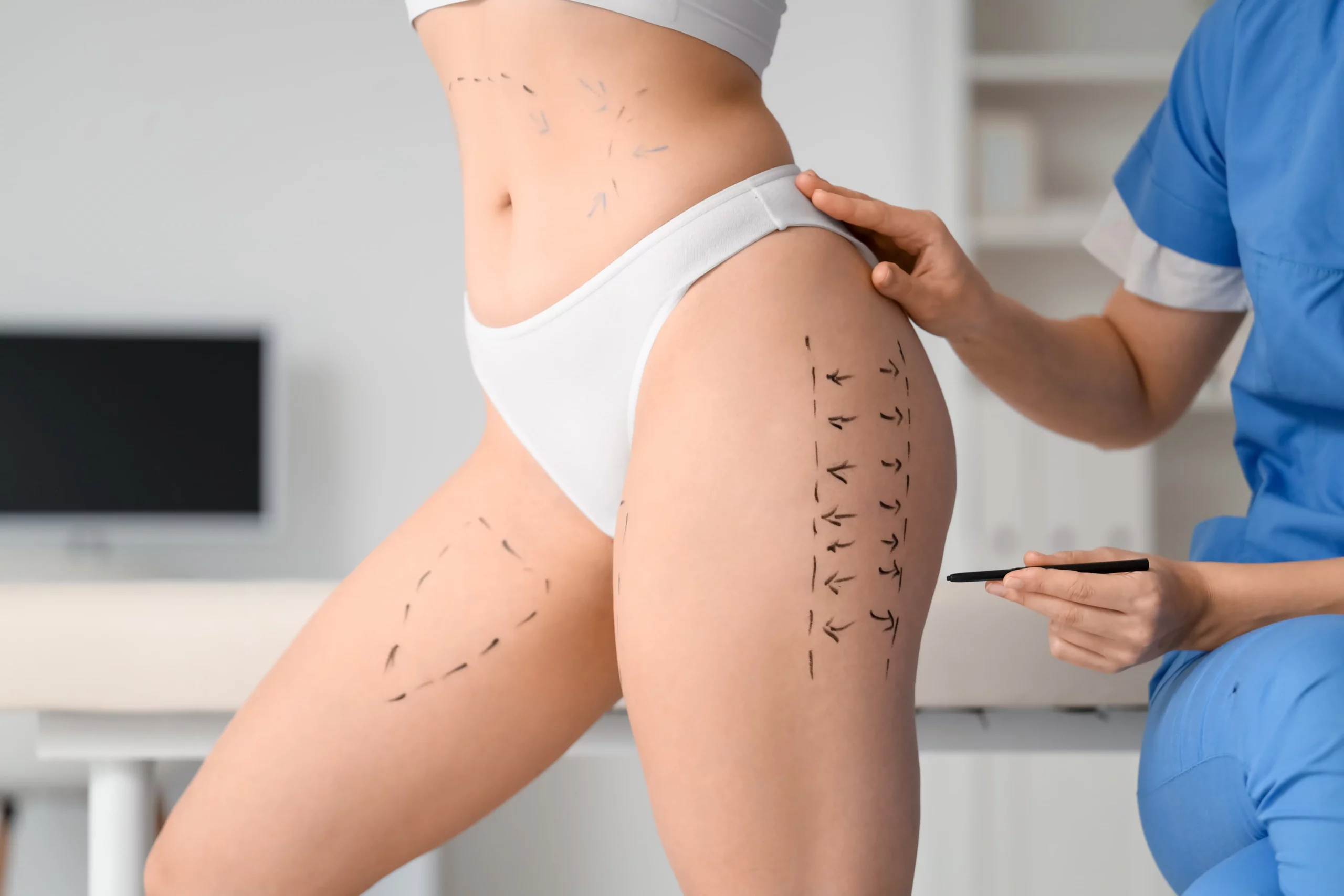New scientific evidence suggests that what Dr. Grossman has been saying for the last 20 years, is right, Botox treatment, in addition to helping patients improve their overall appearance and self-esteem, can also help reduce the symptoms of depression. Botox is typically used to treat facial wrinkles and to improve the overall appearance and youthfulness of the face. The drug works by relaxing the facial muscles. With this recent discovery, it seems that Botox users can also enjoy added psychological benefits of the drug. This study suggests new avenues of treatment for patients suffering from chronic or treatment-resistant depression.
Researchers at Hannover Medical School in Germany found that when they treated wrinkles in the facial muscles associated with expressing negative emotions, that the symptoms of depression were alleviated.
Researchers believe that Botox works to fight depression by helping halt a negative feedback cycle whereby depressed emotions register on the face, which the brain then processes as sadness, which further reinforces the initial sad emotions. Professor Tillman Kruger explained at the 2014 American Psychiatric Association’s annual meeting that treating patients’ facial muscles with injections of Botox, “interrupts this cycle.” With major depression, the brain processes negative facial expressions in a way that can help maintain low mood. While it has long been assumed that facial expressions affect mood and alters the way the brain processes emotions, this study is the first of its kind to scientifically put this theory to the test. Because Botox relaxes some of the facial muscles, patients aren’t able to express sadness.
Apparently, patients have been reporting the positive effects Botox has had on their psychological well-being for some time. Patients who had been treated for frown lines in the area near the nose and between the eyebrows reported having better moods. The Hannover Medical School study is the first study of its kind to test these reports on patients with chronic, treatment-resistant depression.
Two groups of patients were treated. The first group was given Botox injections while the second group was given a placebo injection (with no drug administered). The group that received the Botox injections experienced a 47% decrease in their depression symptoms. The placebo group only experienced a 9% decrease in symptoms.
The study has since been repeated with similar results. Scientists are eager to test Botox treatment on other psychiatric disorders.
The study also has wide implications about the importance of the face in expressing, identifying, and experiencing emotions. Our face is just as closely tied to our experience of emotions as our brain is instrumental in making emotions cogent.
Botox clearly has a wide-range of benefits. In addition to these new studies, Botox has been found effective in the treatment of excessive sweating and in treating patients with extremely wide faces and excessively larger calves. Botox treatment takes as little as 5 minutes to complete and patients report experiencing increased self-esteem, better mood, and improved appearance after just one injection.
Dr. Leonard Grossman is a skilled Botox plastic surgeon in Brooklyn, New York who has been administering Botox treatments for 20 years. Common areas of treatment are around the eyes, the forehead, and the sides and top of the nose as well as the lines of the upper lip and frowned corners of the mouth. Botox has been used to non-surgically lift the brows, corners of the brows and mouth as well as the neck neck. If you want to experience better mood, better appearance, stop excessive sweating, create nicer legs or just want to freshen up, contact Dr. Leonard Grossman’s Brooklyn office today to learn more about what Botox can do for you.




